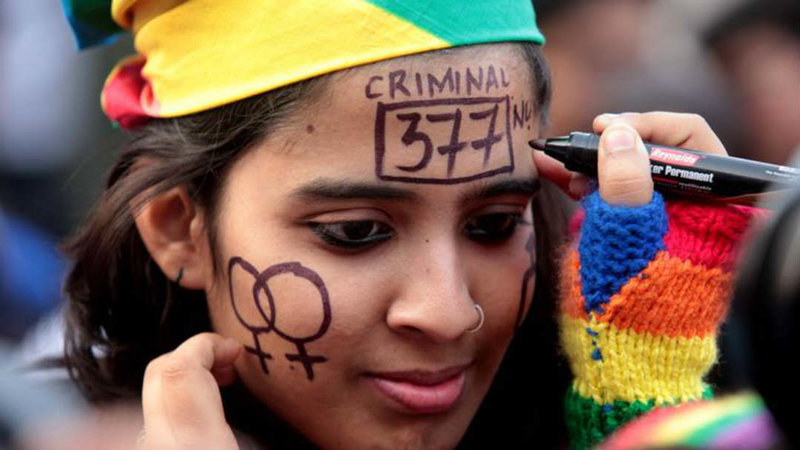
The year 2013 pushed the LGBT Community in India into shadows of illegality when the Delhi High Court re-introduced Section 377 of the Indian Penal Code and criminalised the homosexuality in India with the stroke of a pen.
The process was as painful as the outcome; for the Supreme Court observed that the LGBT Community was a minuscule minority that did not deserve the court’s time or protection. The LGBT has waged a lone battle for quite some time now. They had to first tackle the resistance of the society in accepting them as normal human beings and then the judiciary, legislative and executive made it all the more difficult for them gradually.
The urban India has tried to represent itself as a gradually progressive society that is taking to the changes globally like a fish in the water. The high GDP growth increased FDI, an inclusive society, a tech-savvy youth and the highest youth population in the world- these have long been harped upon to further the cause of India that is emerging as the world power. But all this talk has been dragged back to ages with the interpretation of the LGBT Community rights.
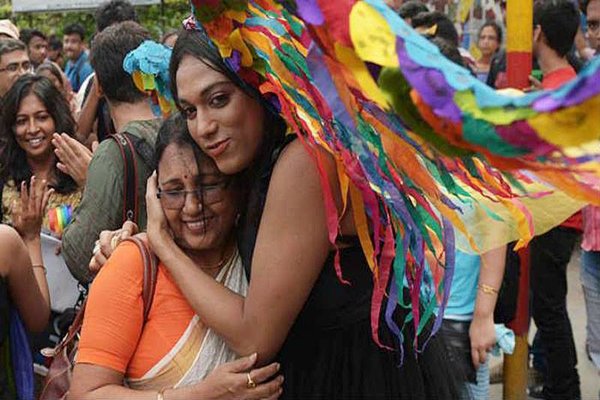
On one hand, the national legal services authority calls for inclusion of the third gender in all the forms of public services-railways, hospitals, etc.; the apex court, on the other hand, has chosen to stay with the colonial Section 377 that ignores the human values and criminalises LGBT because it is against the order of the nature.
The LGBT voices are heard through several online and real-world platforms which form an important part of LGBT activism but these expose only a small part of the diverse challenges faced by the community. In the midst of the gay pride parades, meet-ups and heated discussions on Twitter; families in rural India have their own ways of dealing with LGBT individuals. While in some parts, secret honour killings are planned while in other parts, the lesbian women are subjected to family-sanctioned corrective rapes, which are often perpetrated by their own family members. Even in so-called “modern” urban India, suicides by lesbian women and gay men make headlines every year.
Calling a minority ‘minuscule’ is the undoing of the constitutional provision of preserving the rights of minorities. The community has openly admitted their position in the society and all it wants is acceptance of the same. Here are some inspiring excerpts that we would like to share:
“It took me 27 years to admit I wasn’t straight”
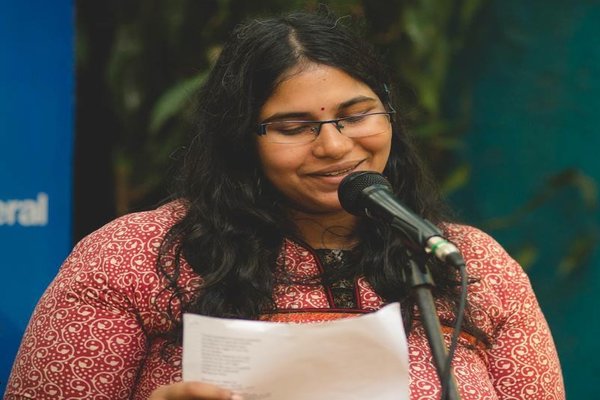
Anu Elizabeth Roche is a poet, mother and member of an amazing band called Mental Heads. Born in Kerala and brought up in Dubai, she has also co-written a book of poetry with three other women poets titled ‘A Conversation in Four Parts’. Read her complete story here!
“I wasn’t struggling with my identity or anything, but I was going through a phase where I felt I was not being loved.”
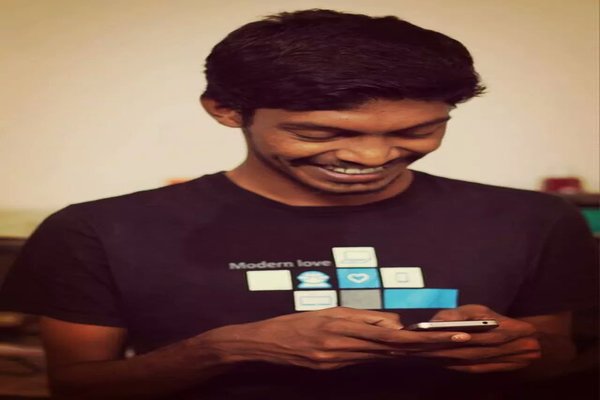
Shankar Ganesh from Tuticorin, India is a techie and a marketer. He came out to his dad at the age of 22 and fought with homophobia. Read his experience about the journey he undertook and his father role in supporting him here!
“One night, after dinner, I made my dad sit with me and told him I like females and have chosen one for myself.”
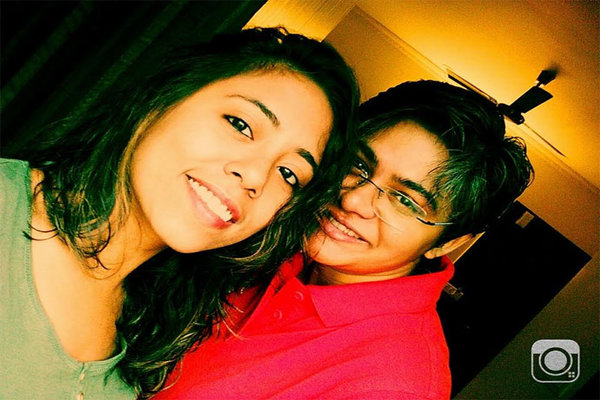
Suchandra Das and Sree Mukherjee tied the knot going against all odds and glorified their love strongly. Read the heartwarming story of a married Indian lesbian couple who were successful in breaking the stereotypes here!
The judgement is not myopic only because of the way it has been perceived by SC but it is also one because of the societal resistance on our part as well. We, somewhere, have missed the mark, by designating LGBT as a community, thus sowing the seed of differentiation then and there itself. Whether it’s a psychological aberration or a natural tendency, it is not for us to decide. The stakeholders in this are mature enough to decide and this is reflected in their admission of them being LGBTs. Mental support from the family members would help them to find a new sense of freedom, confidence and ownership of one’s identity.
Contesting against their rights by saying it’s against the “nature” is as paradoxical as it gets. This conscience should be applied universally. The sanctity of the same “nature” we boast of preserving can’t be achieved by depriving humans of their basic rights of survival. Each time an individual decides to participate in LGBT activism and support them, they come closer to bridge the gap between the reality and truly inclusive society.





